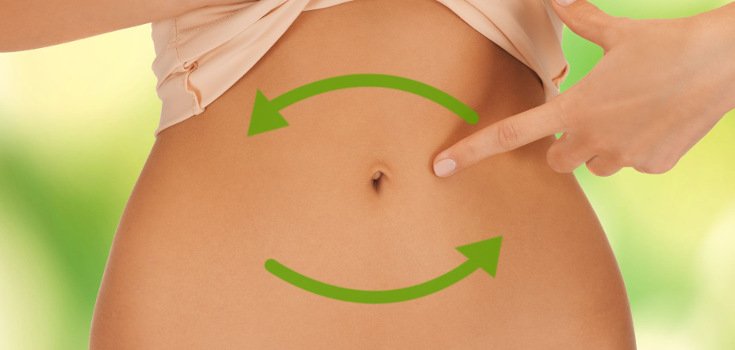How Our Guts Are Being Damaged & Making Us Sick
How Our Guts Are Being Damaged & Making Us Sick
How is it affecting you?
If additives in the food and fluoride in the water make you sick to your stomach, get ready to clutch your gut even harder. A recent OPB article outlines how Western diets and modern-day hygiene have wiped out important bacteriain our digestive tracts. Many may not know it, but this is seen by many to be a serious issue.
“In other words, Americans’ digestive tracts look like barren deserts compared to the lush, tropical rainforest found inside indigenous people,” the article says.
Our guts are missing vital bacteria that serve as prebiotics, and microbes tasked with metabolizing carbohydrates.
“The concern is that we’re losing keystone species,” says microbiologist M. Gloria Dominguez-Bello, at the New York University School of Medicine. “That’s a hypothesis, but we haven’t proved it.”
Dominguez-Bello, along with colleagues and a medical team from the Venezuelan government, visited a remote Yanomami tribeon the border of Venezuela and Brazil. The Yanomami have spent the last 11,000 years living as hunter-gatherers in a mountainous region of the Amazon rainforest. The scientists took samples from 12 of the villagers’ fecal matter, and then used DNA analysis to determine species thrived in the villagers’ guts.
The researchers were shocked to discover how many species exist in the Yanomami’s microbiome. The tribe’s guts housed about 50 percent more ecological diversity than the average American’s.
According to Dominguez-Bello, as cultures around the world become more “Western,” they lose bacteria in their guts, resulting in higher instances of chronic illnesses linked to the immune system such as allergies, Crohn’s disease, autoimmune disorders, and multiple sclerosis.
“So the big question is: Are these two facts related?” Dominguez-Bello asks in her report, published in the journal Science Advances. “It’s not clear if more diversity in the microbiome is healthier. But maybe we have we lost species with important functions.”
One thing is clear: the hunter-gatherers don’t gorge themselves at big meals like so many Americans do.
“The Yanomami tribe don’t sit down and eat big meals, three times a day, like we do,” Dominguez-Bello says. “They eat a little bit all day long. They just grab a banana when they want. Or go eat some fish soup with plantains.”
The tribe had also never been exposed to antibiotics before Dominguez-Bello’s 2009 visit. Antibiotics are well known kill ALL bacteria in the gut (the bad AND the good) – many of which never return. Since children’s bodies are still forming, impacts on the microbiome at a young age can cause issues, well, forever.
Side note: In addition to antibiotics wiping out our friendly flora – which is said to account for 80% of our immunity , this modern medicine is causing heavy-duty antibiotic resistance. This means the bacteria surviving antibiotic-attacks become stronger, duplicate, and lead to incurable disease. Even the CDC has issued major warning on antibiotic resistance, saying we need to find alternative solutions.
But a microbiologist at the University of Alberta believes there is a different culprit. Jens Walter and his colleagues have extensively studied the gut microbes in two indigenous populations in Papua New Guinea. The group regularly uses antibiotics, yet their guts still have high levels of diversity in their microbiomes. Walter and his fellow researchers recently reported on their findings in the journal
The scientists found the Papua New Guineans’ guts contained about 47 species that are missing from the Americans’ guts they studied. But the Americans only had four species in their microbiome that were missing in the Papua New Guineans.’ Walter and his team believe Western sanitation and hygiene are killing off good bacteria in Americans’ guts. While clean drinking water obviously prevents the spread of dangerous bacteria, it also prevents the exchange of our microbiomes.
In this case, the scientists conclude by saying you can have too much of a good thing. Though the verdict is still out as more research is needed.
| About Julie Fidler: | |
| Julie Fidler is a freelance writer, legal blogger, and the author of Adventures in Holy Matrimony: For Better or the Absolute Worst. She lives in Pennsylvania with her husband and two ridiculously spoiled cats. She occasionally pontificates onher blog. | |
Other Popular Stories:

Post a Comment